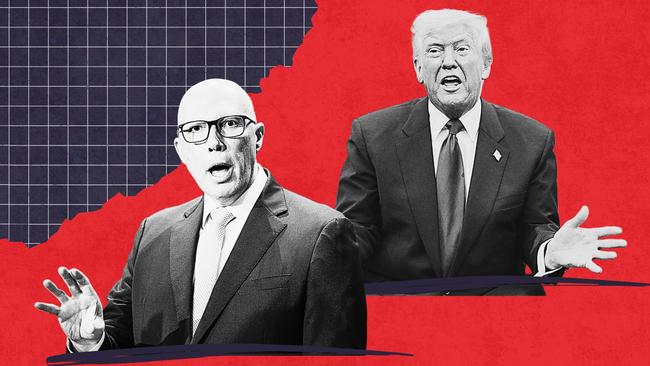
Trump has always been unpopular in this country. But that is now reinforced by the material harm he is causing Australian business and households, the immediate effect being the huge slump in superannuation accounts. The sharemarket has probably stabilised but significant damage will endure for the campaign’s duration.
This is an Australian election situation without precedent. There are almost three figures in the campaign – Albanese, Dutton and Trump – while only two are running for office. Trump’s effect is to highlight economic policy, but this is economic policy set in a Trumpian world. That’s different.
This is not likely to help Dutton. Trump making Australians poorer and possibly provoking a global recession doesn’t translate into votes for Dutton at home. The Australian people now have a stack of reasons to turn against Trump while Dutton’s vibe is closer to Trump than is Albanese’s, a perception, fairly or unfair, held by the public.
The threat to the global economy is Trump’s personal achievement. His “Liberation Day” tariffs triggered one of the worst routs on Wall Street with the S&P 500 finishing by late Monday 18 per cent lower than its February high.
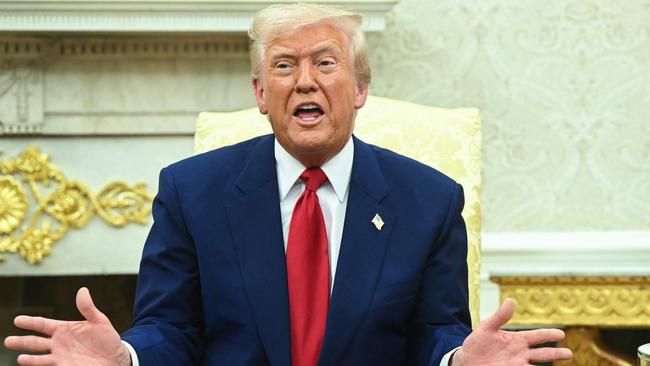
Trump is the embodiment of Lord Acton’s immortal injunction: “Power tends to corrupt and absolute power tends to corrupt absolutely.” He is destroying America’s credentials as a responsible power. US-China ties are sinking into a spiral with China retaliating with a matching 34 per cent tariff on US goods and Trump then threatening Beijing with an extra 50 per cent tariff, an act of madness if he’s serious.
Trump operates from a platform unique in history – he is a political autocrat with total executive control running the world’s most powerful economy but governing in an age of globalised financial markets.
Trump’s obsession to destroy the post-war global trade system in favour of a new high tariff protectionism will damage world growth, threaten a global trade war, court a recession, undermine investor confidence and signal to most nations that he is a threat to their economic futures.
In Australia, since its February peak the ASX 200 has sustained losses of about $350bn but Tuesday’s result saw half of the Monday loss being recovered. Maybe the worst is over. With Trump, nobody knows.
He has invented what American economist Tyler Cowen calls a “new monster” – chronic erratic behaviour. There is no stability, never any settlement.
On Sunday Trump said he wouldn’t back down, saying “sometimes you have to take medicine to fix something”. He also boasted that world leaders “are coming to the table, they want to talk” but said he would demand a lot of money. He thrives on contradictory messaging.
The election agenda has pivoted around Trump. The issue between Albanese and Dutton has become who can best manage the Trumpian whirlwind and the unfolding global economic crisis. For Labor, the Trumpian eruption looms as an electoral opportunity.
Jim Chalmers pitches for the best of all political worlds. His released Treasury advice shows the direct damage to Australia is limited. The direct impact is an estimated 0.1 per cent GDP decline with inflation to rise 0.2 per cent temporarily. Most of Australia’s exposure comes from the effect of US tariffs on our major export markets, China, Japan, South Korea and India.
The Treasurer talks up market expectations about the Reserve Bank making four interest rate cuts during the year to combat the collapse in economic confidence, even with a 50 basis point cut in its May post-election meeting. He twists the political knife against the Coalition, saying: “There could not be a worse time to risk wages and tax cuts and secret cuts in a world which is uncertain.”
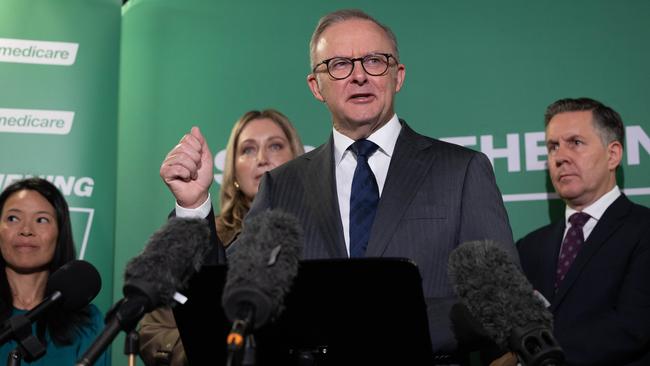
Dutton, by contrast, is pessimistic, warning that under Labor Australia faces recession. He said the “huge tsunami waves will hit our shores in no time at all”. Dutton invokes the Coalition’s traditional economic credentials, notably its record in crisis management from 9/11 to Covid.
But the Coalition lacks the firepower to make this case stick. It has entered this campaign unready and under-prepared. It is short of policy while many policies it has released are untested or flawed. The humiliating reversal of its work-from-home policy – with Dutton having to confess a “mistake” – is devastating in its own right but testifies to a deeper strategic weakness.
The Coalition lacks policy substance and that means it lacks electoral persuasion. It misread the situation during the latter part of 2024, becoming too reliant on a negative campaign to defeat Albanese. That was most unlikely to happen.
The opposition spent too much time in 2024 listening to the loud predictions about Albanese’s doom and not nearly enough time on its policy development.
This week’s Newspoll is not a surprise. It shows a 52-48 per cent two-party-preferred Labor lead; voters are losing confidence in the Coalition while still having little faith in Labor. The Coalition primary vote has slumped to 36 per cent from its 39-40 per cent levels late last year and across summer.
The anecdotal feel of the campaign is that the Coalition doesn’t have enough traction or persuasion or strong policies.
Voters are disillusioned with Albanese but unconvinced by the opposition. This was always its problem and it wasn’t confronted. Dutton is short of announced, meaningful policy.
The Coalition lacks a comprehensive economic policy. To this point, it has no tax reform agenda and no proposal to cut personal income tax. Indeed, it pledges to increase income tax because it is repealing Labor’s modest tax cut from the budget. While the Coalition correctly judged cutting the fuel excise was superior as a cost-of-living measure to Labor’s tax cut, it was left weak on the economic policy front.
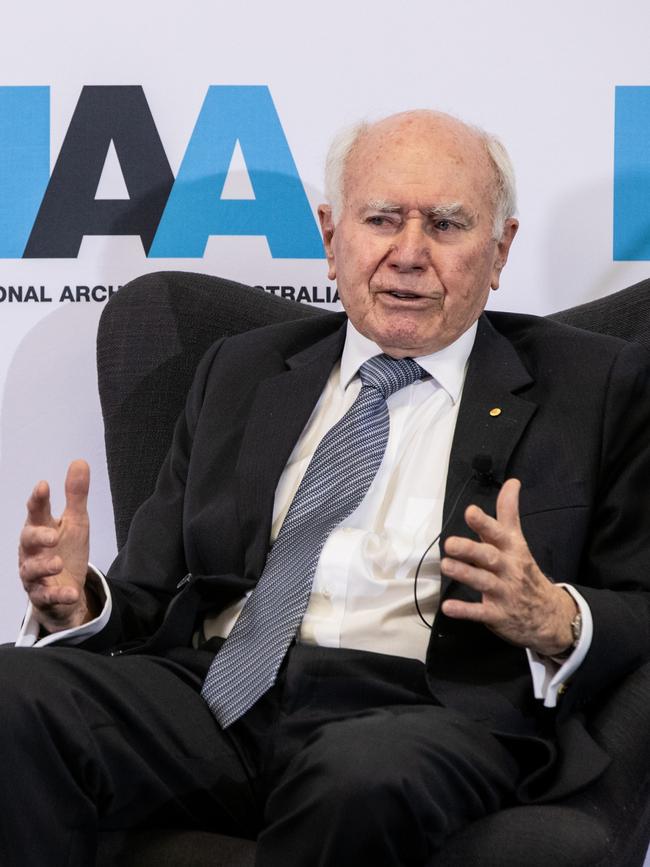
The Coalition seeks to prioritise fiscal policy – correctly saying tax cuts depend on spending restraint – but there are few details of how it will manage a different fiscal policy to Labor and lots of examples of bipartisan spending; witness the big Medicare spends.
The Liberals seem to have given up on industrial relations reform, with Dutton signalling the Coalition won’t repeal Labor’s laws on “same job, same pay” or multi-employer bargaining, while they lost the argument for a better balanced work-from-home policy. Sure, they will take on the CFMEU, but it’s nearly 20 years since Work Choices and the Liberals are still running scared.
Their just released gas policy is hopelessly late and riddled with unresolved issues. It should have been unveiled at least three months ago. As for defence, with voting starting in a couple of weeks, the Coalition still has not revealed how far it will increase the defence budget. This is astonishing and inept.
The Howard Liberal Party seems to be politically extinct. During his career, John Howard stood for two policies above all else – tax reform and IR reform – but they don’t appear on the Coalition agenda in 2025.
The essential problem is the failure to identify what the Liberal Party stands for in specific election campaign policies – as distinct from thought bubbles. The Liberals are effective at attacking Labor but weak at making the case for their own policies. Nuclear is the exception but whether it gets off the ground is dubious.
Dutton has done a remarkable job bringing the Liberals from a hopeless position to being competitive against a weak Labor government. But are they really competitive in terms of their own agenda? The Trumpian-induced crisis is the moment of truth for the Liberals.


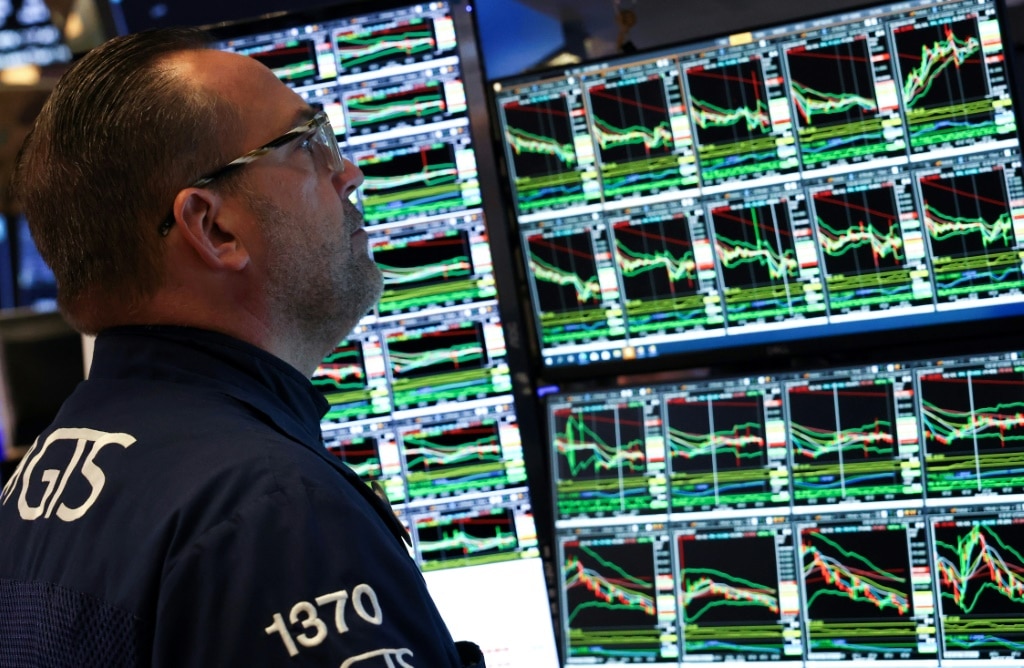
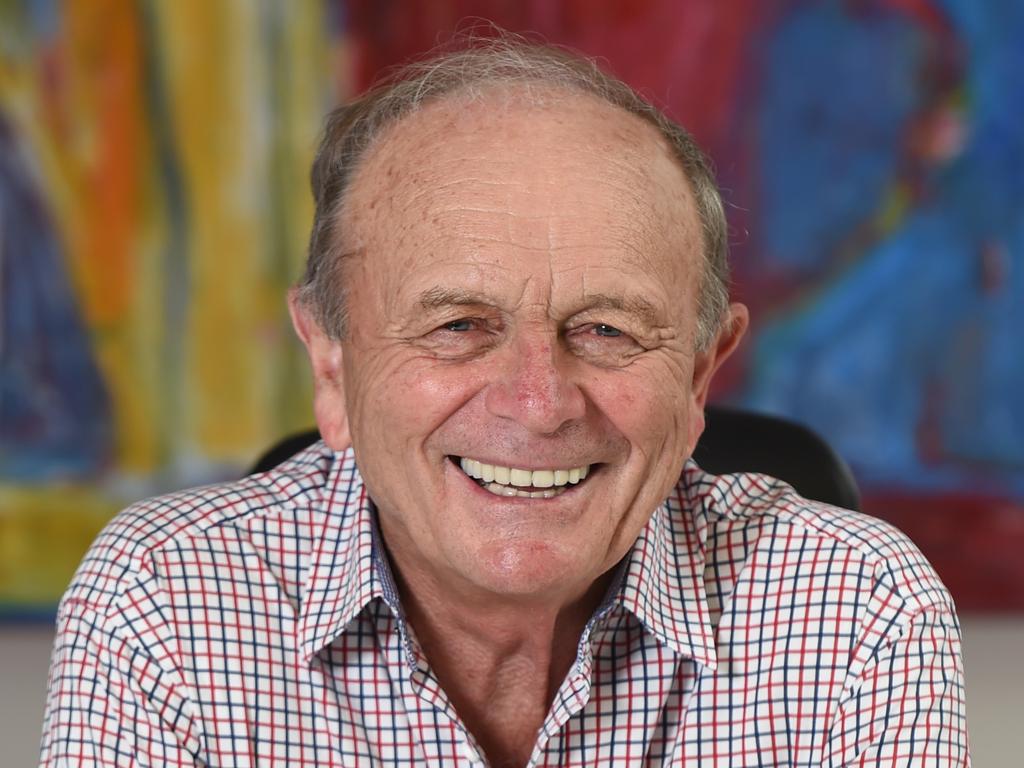

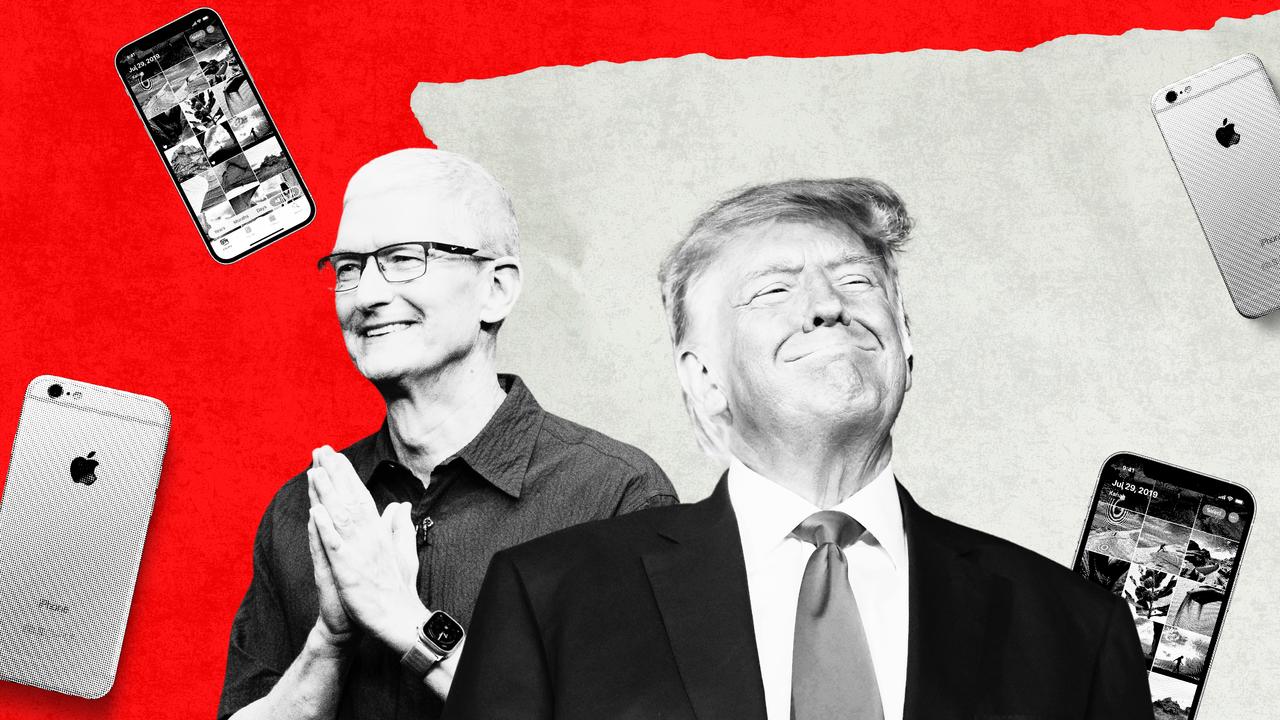
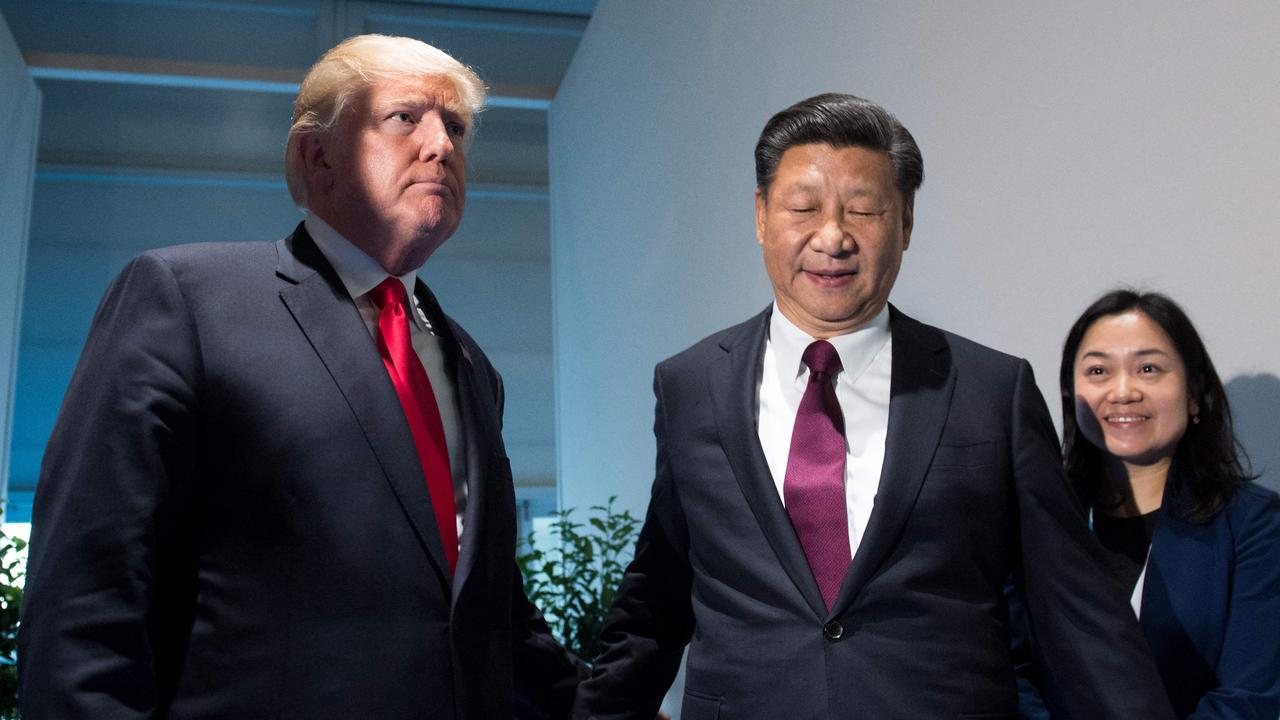
Donald Trump today is the main architect of wealth destruction in Australia. Trump is making Middle Australia poorer as his recklessness consumes the daily narrative. At election 2025 Trump has a greater impact on the wealth and assets of Australians than Anthony Albanese or Peter Dutton.